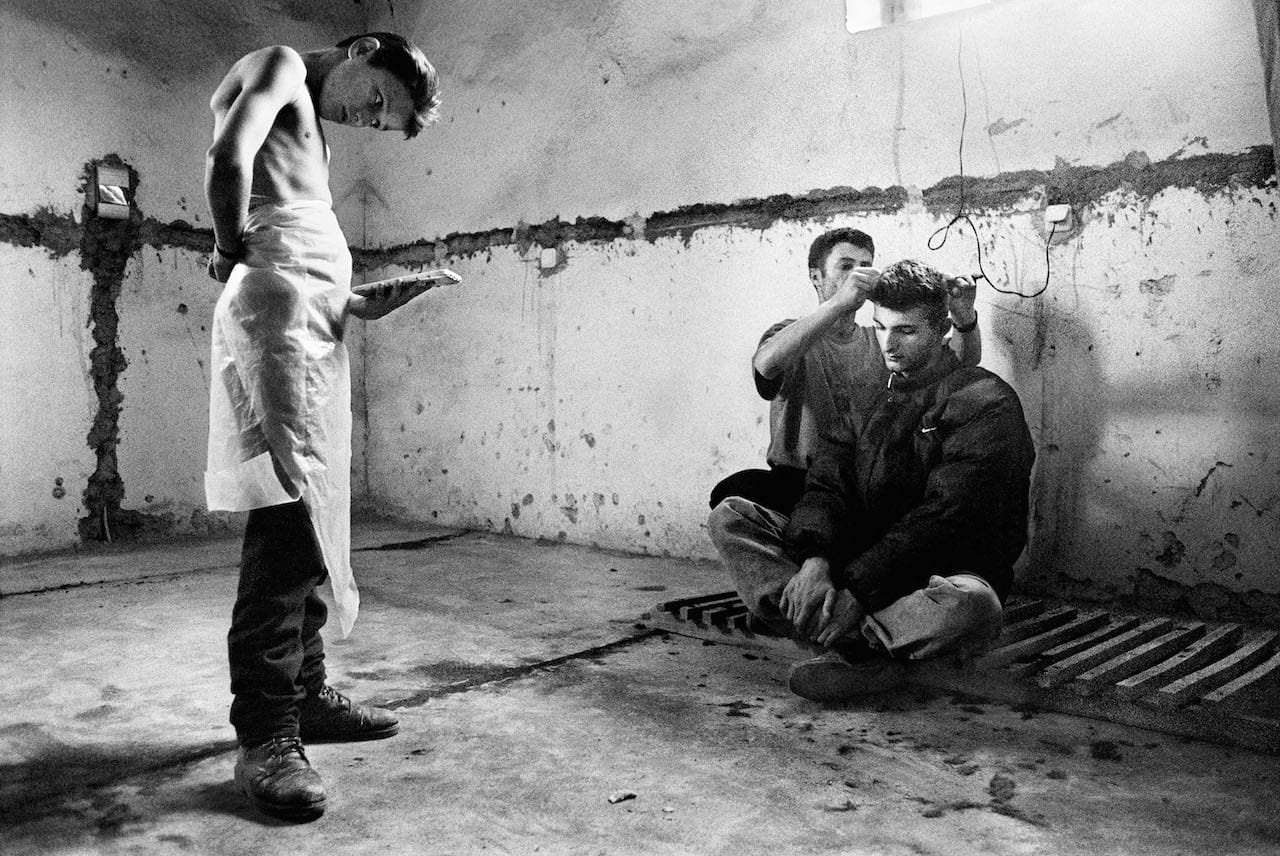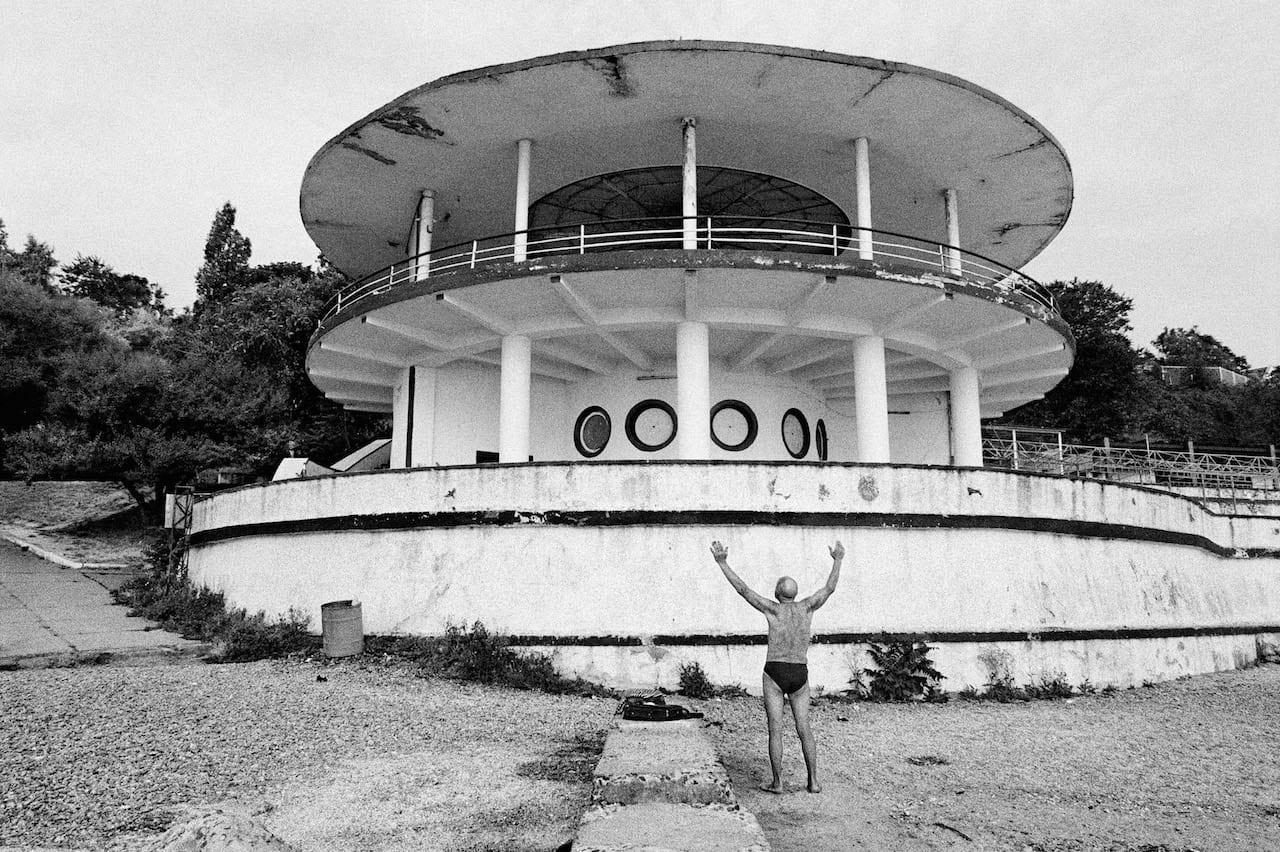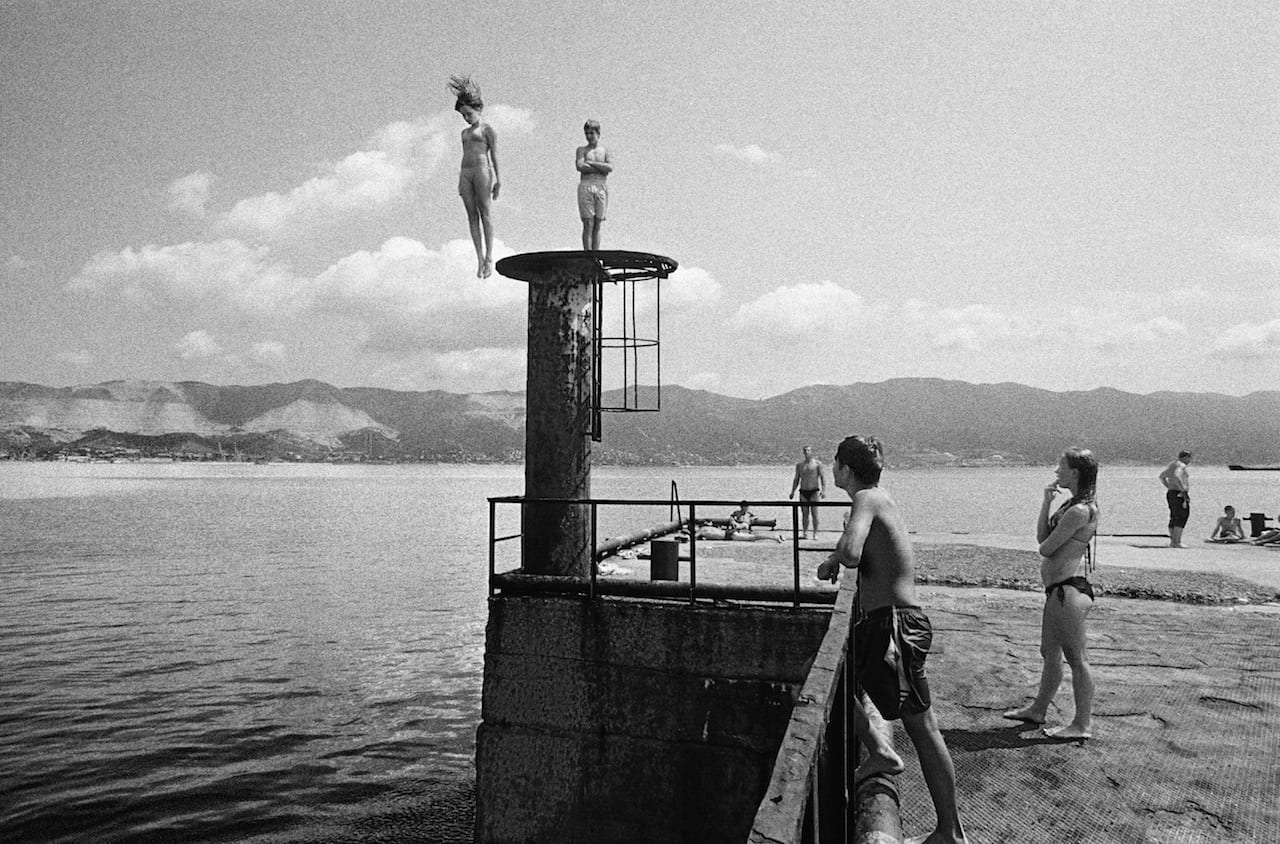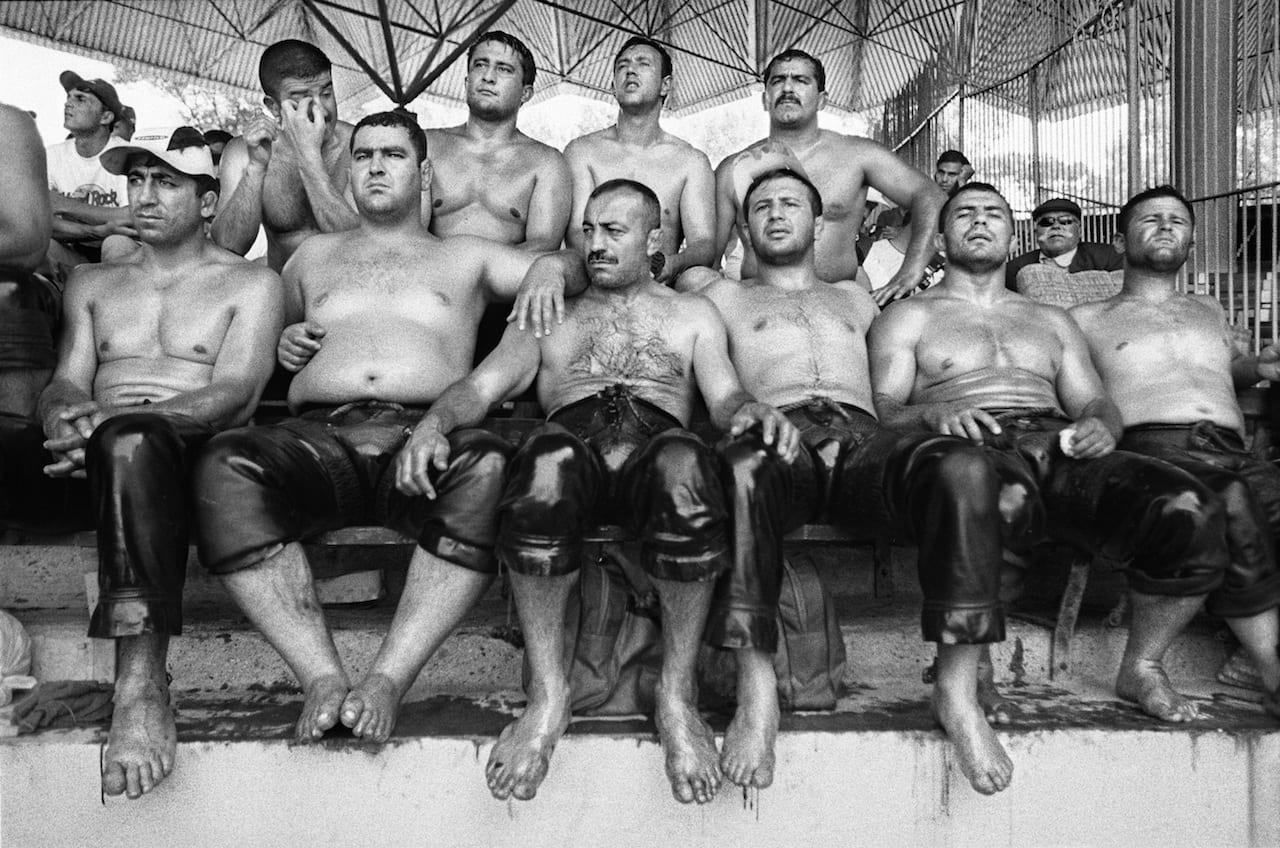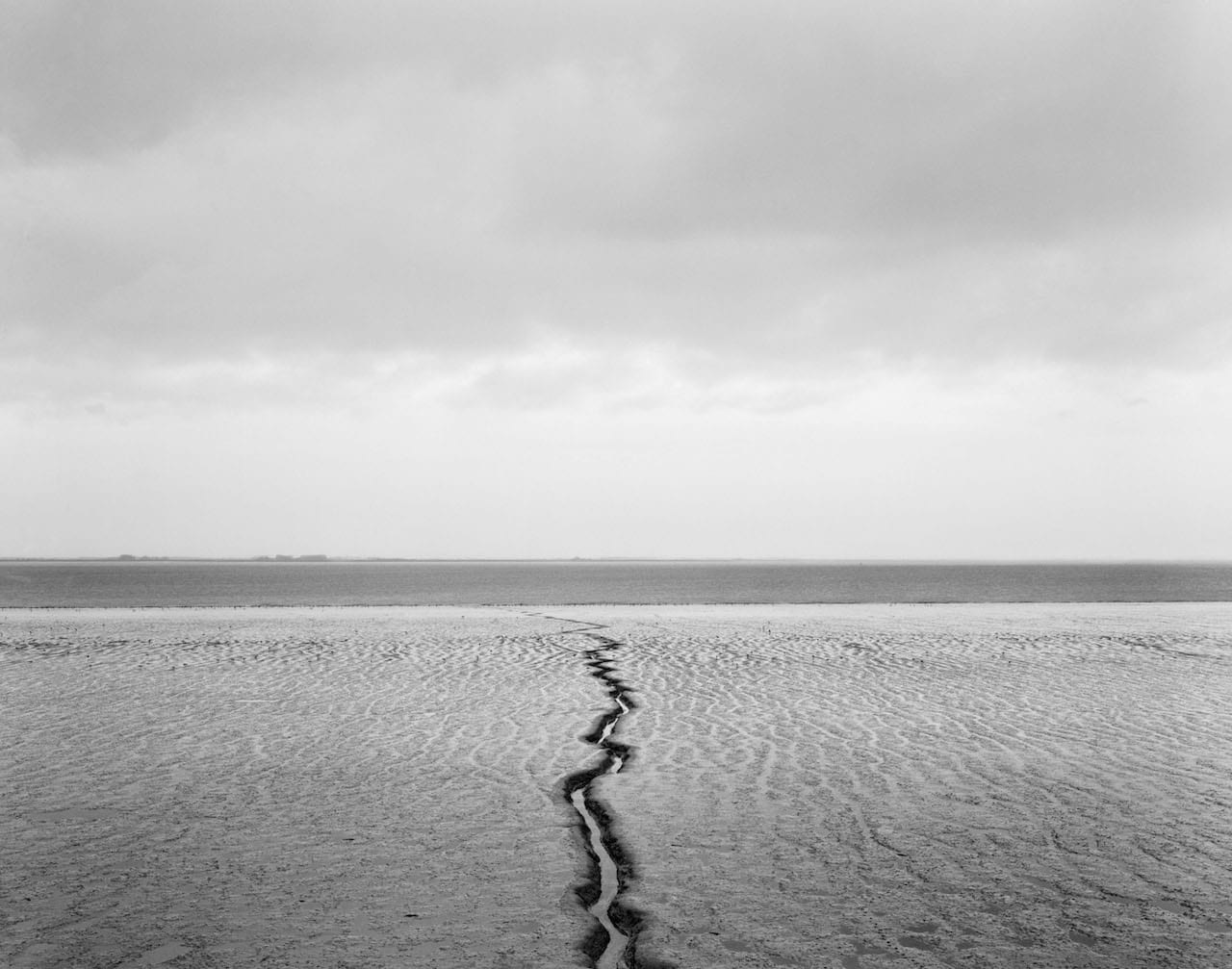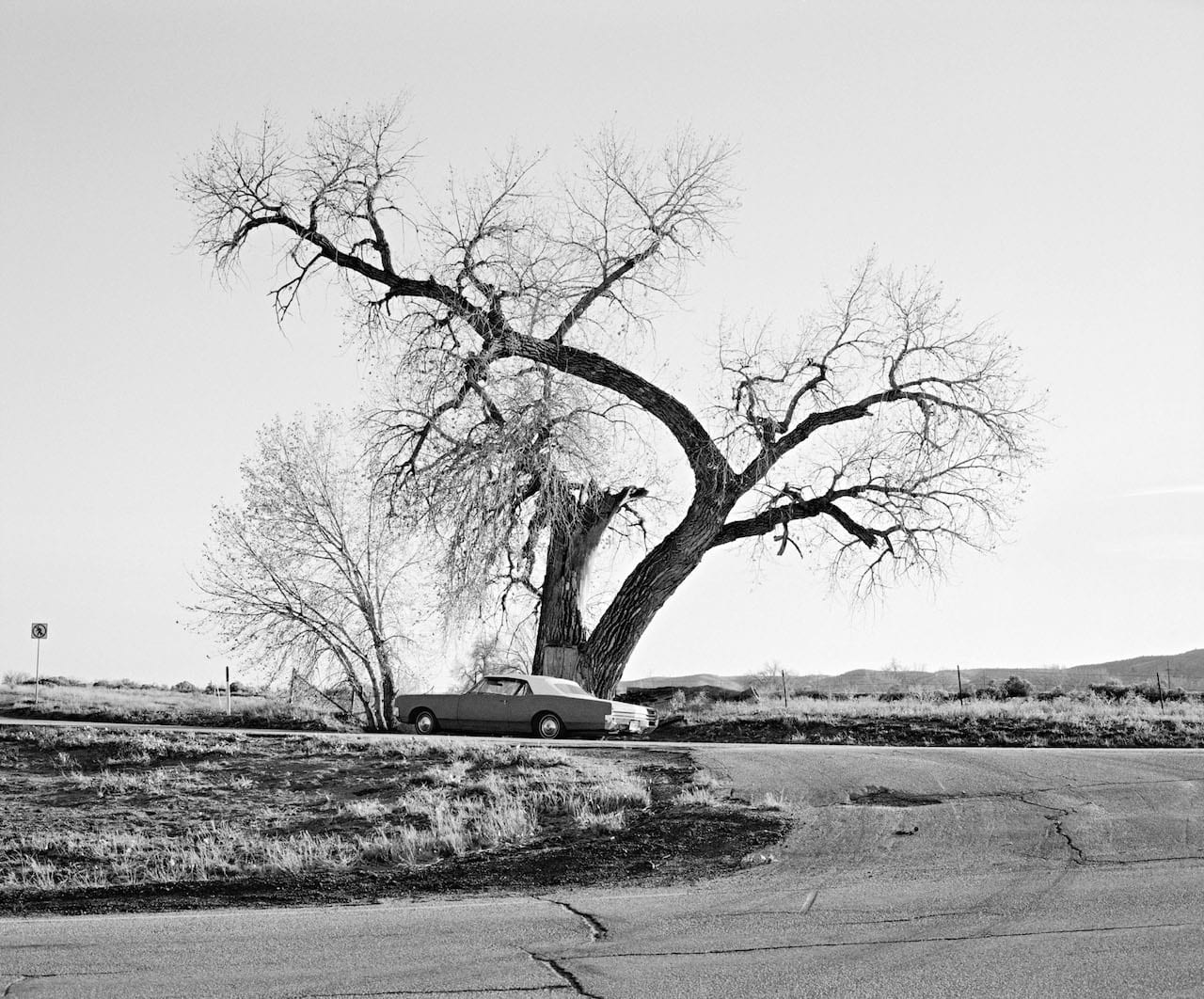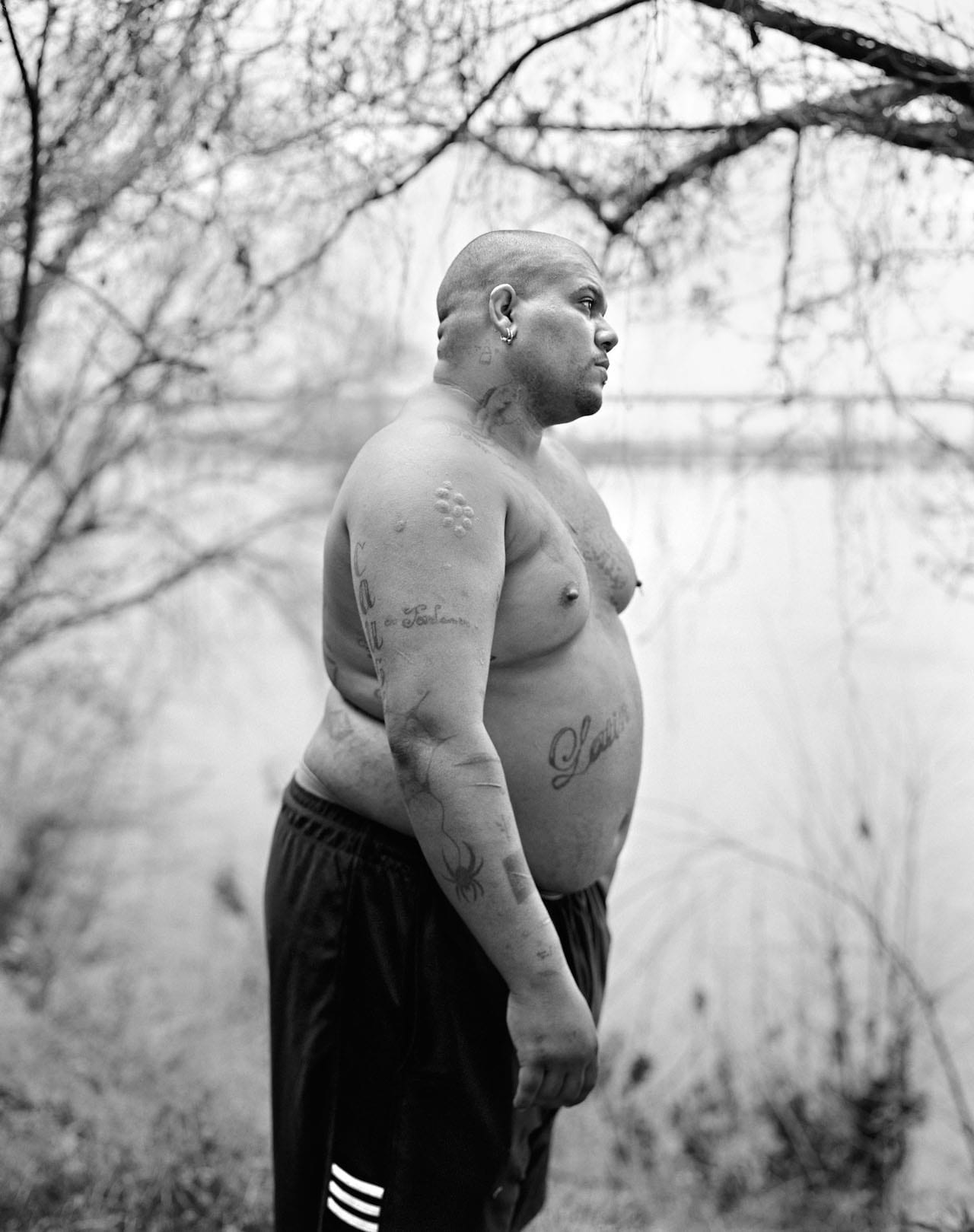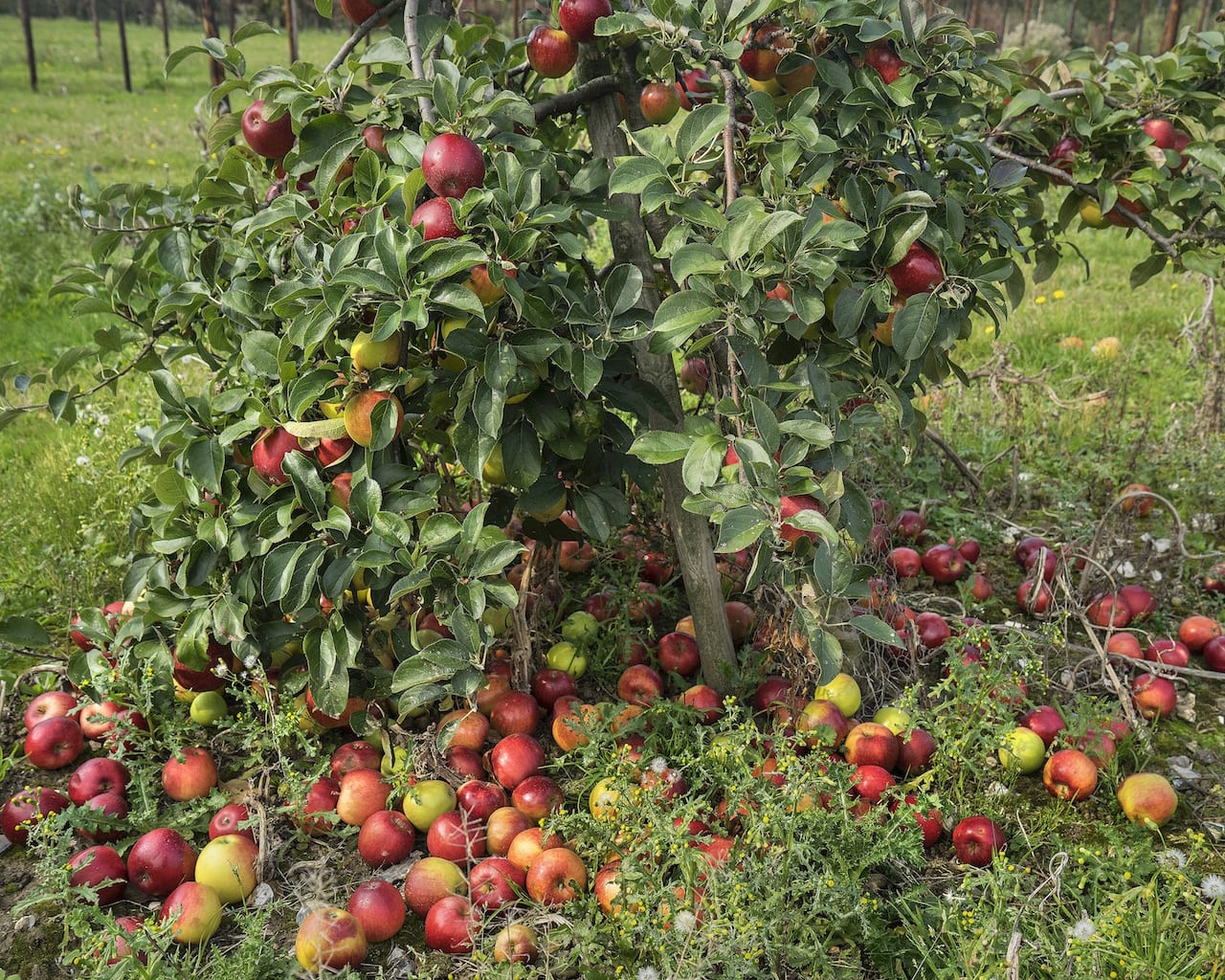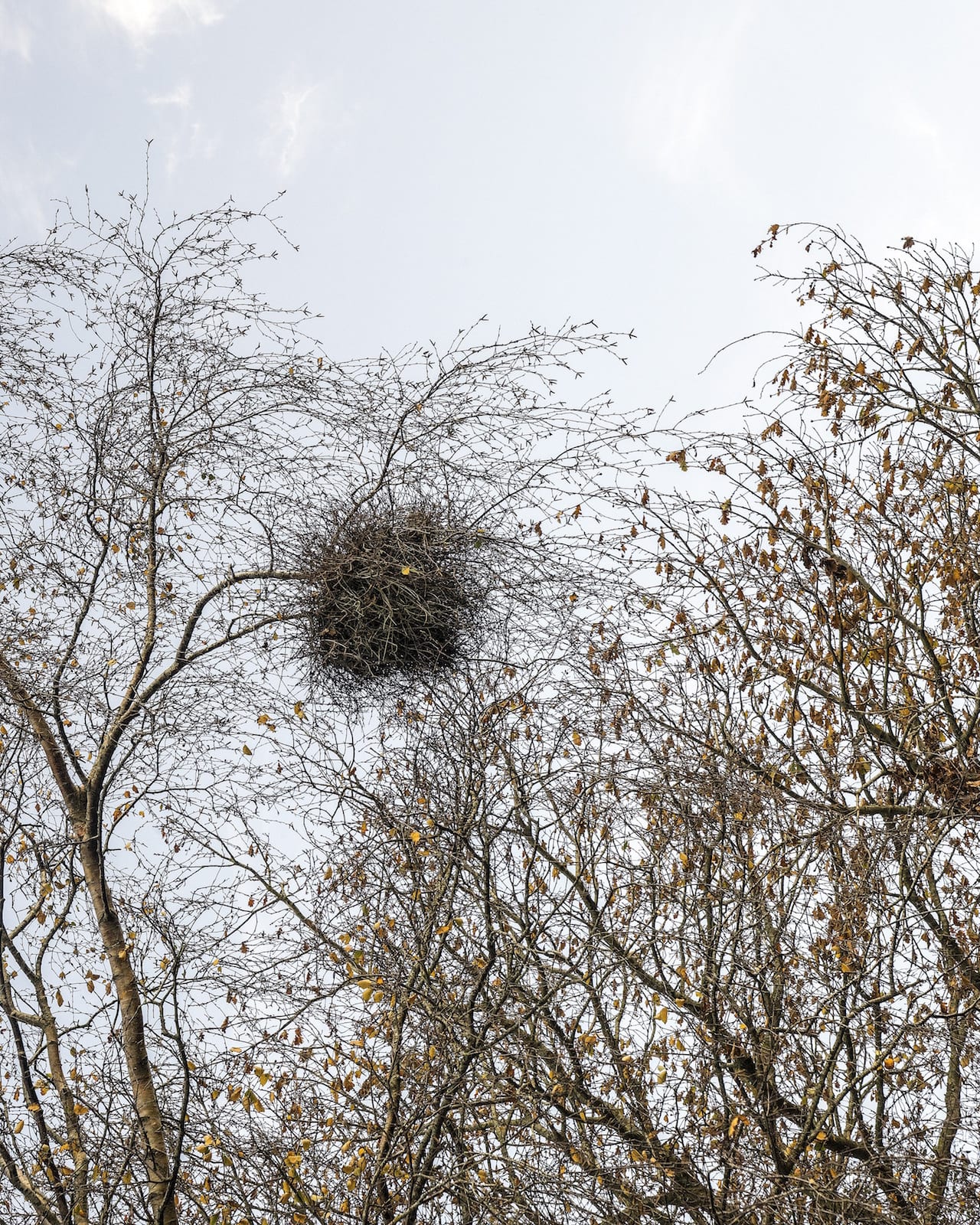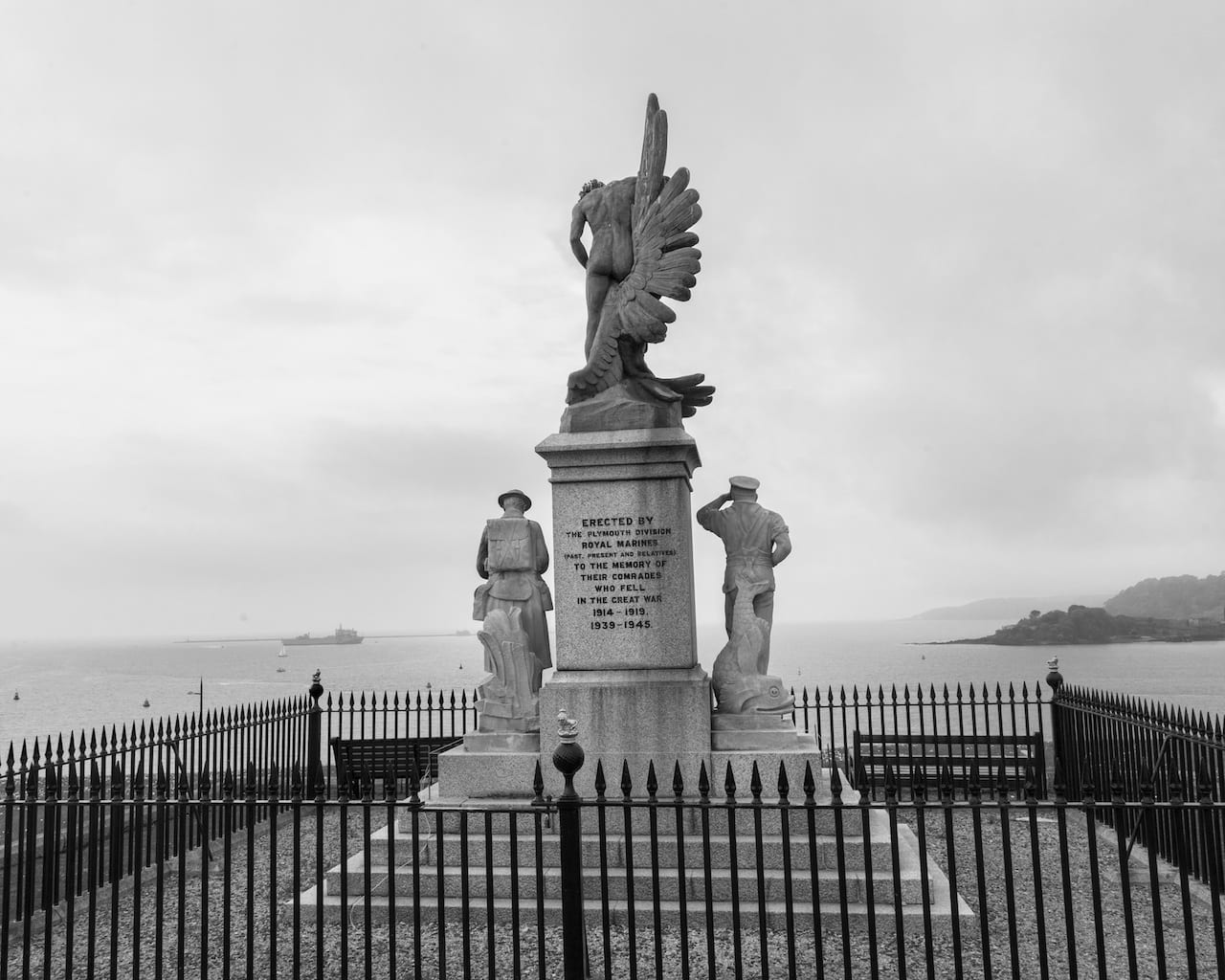“It asks, inevitably, questions about who we are. Who we are in Britain, or who we are in the world. It asks questions about legacy, my own life, and cycles; the very folding of time,” says Vanessa Winship of her latest project, the ongoing series And Time Folds. “It’s difficult to say exactly what it is about because I don’t really know what it will end up being,” she adds.
Winship was the first woman to win the prestigious Henri Cartier-Bresson Award back in 2011, and she now has a major solo show opening at London’s Barbican Art Gallery on 22 June, also titled And Time Folds. It features over 150 photographs including previously unseen projects and archival material; it also includes her newest series, a mixture of “completely different, random formats” and found objects, inspired by her granddaughter and “how she frames herself in the world in relation to seeing, hearing and touching”.
The series combines her usual medium of black-and-white film with digital colour photographs taken on her husband George Georgiou’s camera, as well as her own smartphone. “I’ve basically thrown everything up in the air,” says Winship, adding that the project relates to cycles in time and going backwards and forwards, while still being in the present. “This is the paradox of photography – it captures the now, which is immediately then of the past.”
Winship recalls her first encounter with photography as a young girl, rooting through boxes of family photographs at her grandmother’s house. “The reality of seeing a photograph that I was told was my grandmother at 14, and knowing there had been a life before she was an old lady, it was both baffling and intriguing,” she says.
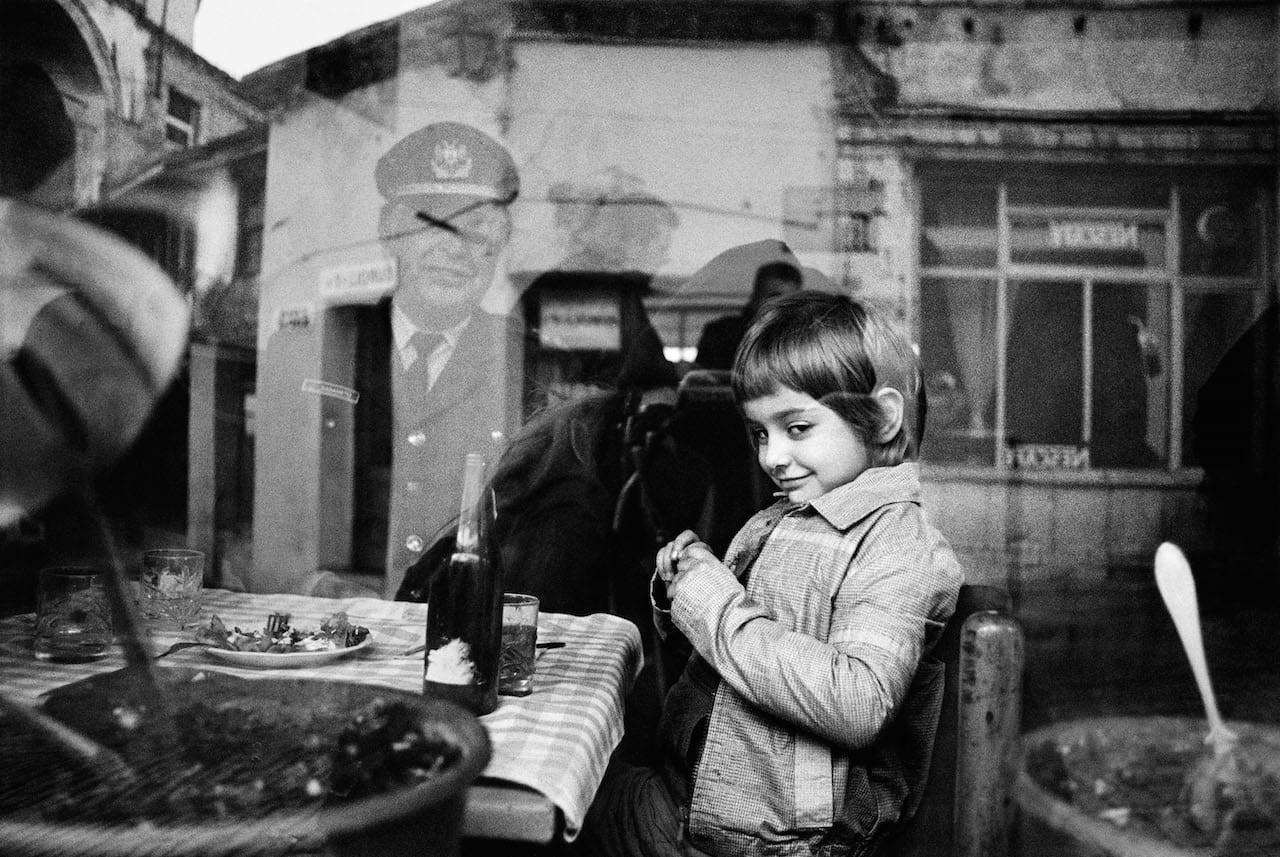
Winship moved to London in 1984 to study photography at the Polytechnic of Central London, where she met Georgiou, who is also an accomplished photographer. She speaks fondly of their life’s work together, describing how they have grown together not only as human beings, but as image-makers.
“I believe that if we hadn’t have had each other we probably wouldn’t still be working,” she says. “We’ve managed to hold the other one together when one of us has had doubts.”
The couple have been living back in England for about a decade now, but previously spent years of living and working in Eastern Europe. “I had seen pictures that sparked my imagination about Albania, but I wasn’t in a position to go at the time,” says Winship, “I then read the work of Ismail Kadare, an Albanian novelist, and it was through this that I began to discover the country, in a limited way”.
Winship was fascinated by the fact that Albania was so little-known, despite being right in the middle of Europe, and when the Kosovo War began in 1998 and the conflicts began to spark media interest, felt it was finally the right time to go. From 1999, Winship and Georgiou spent a decade living in Athens, Belgrade, and Turkey, and working in the surrounding regions.
Winship’s projects Imagined States and Desires: A Balkan Journey (1999-2003) and Black Sea: Between Chronicle and Fiction (2002-2006) investigated notions of periphery and edge in Eastern Europe via images of rituals, pastimes, and landscapes, documenting the relationship between the people and the land without any overt acknowledgement of the geopolitical events overtaking them.
She also questions the idea of the periphery, though, pointing out that what seems like the edge to one person is the centre to anyone who is in it. “I’m more interested in what might be considered the periphery,” she says. “In a way, you might say that I come from a peripheral place”.
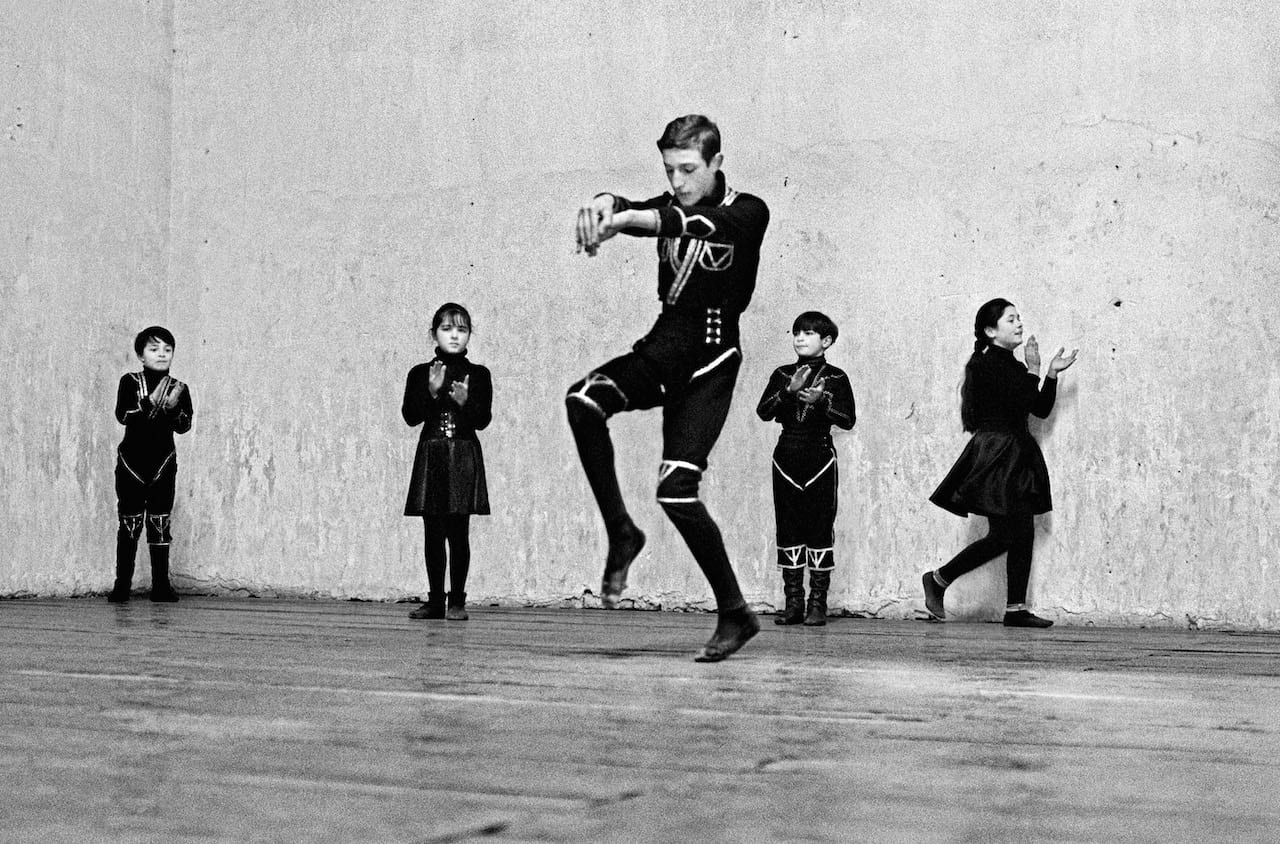
Humber (2010), addresses these concepts through timeless landscapes shot in her hometown in Northern England, which resonate with her shots of America in She Dances on Jackson (2011-2012). Winship was able to shoot the latter after winning the HCB award in 2011, and undertook a photographic exploration of the USA against a backdrop of an economic depression and fading promises of the American Dream.
Tracing the borders from California to Virginia, and from New Mexico to Montana, she asked questions about location and identity. “Geographically speaking, we as human beings have created borders,” she says. “If you are a deer, there are none”.
And then there are the borders of consciousness and unconsciousness, she says, of life and death, and of being a child or an adult – the latter something she explored in 2007 in Sweet Nothings, a series of portraits of school girls from Turkey’s eastern borderlands. “When photographing children, you have to work very quickly and with great sensitivity,” she says.
The photographs are shot in a consistent style but they manage to highlight each of the girls as individuals – despite the fact that they are “unified by many things, including their history, their position in society, and the fact that they are little girls from a rural place”.
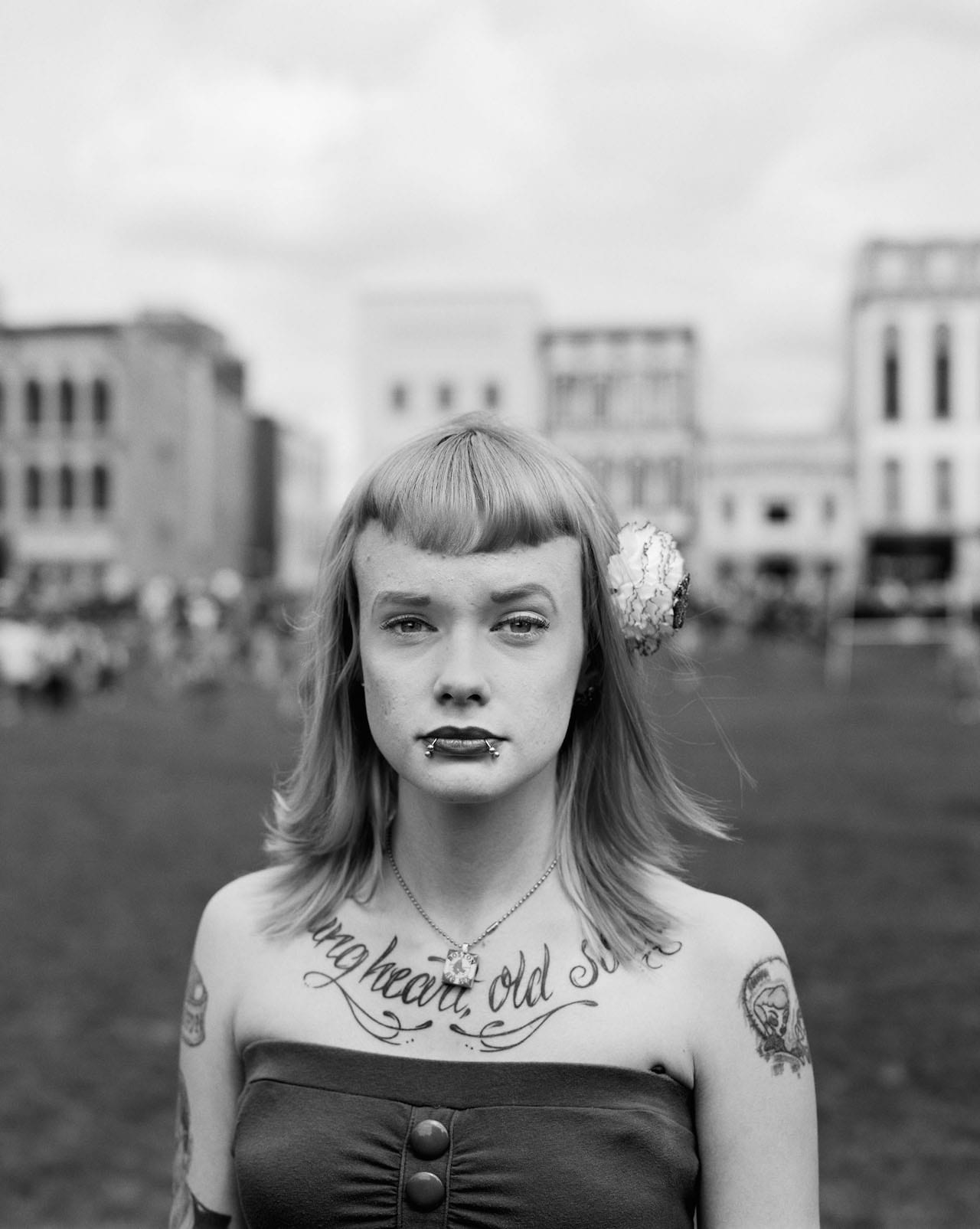
Also on display at the Barbican is Georgia: Seeds Carried by the Wind (2008-2010), photographs of people who celebrated their land, but were dogged by memories of conflict from the post-Soviet economic collapse.
Leading up to her major retrospective in Madrid in 2014, Winship told BJP, “I would like to convey something about fragility, about how both the landscape and the human beings who inhabit it are marked by their history and their place within it”. Since then Winship has produced a whole new body of work, distinctly different from her past projects but still relating to notions of time, identity, and flux.
“I’m certainly not the same person I was at 19, or 30, or 40; I am almost 60,” she says. “I’m still changing, and hopefully I remain part of the conversation within photography. And I am completely open – I hope – to new ideas.”
www.vanessawinship.com Vanessa Winship: And Time Folds is on show from 22 June – 02 September at Barbican, as part of the institution’s 2018 season The Art of Change www.barbican.org.uk
